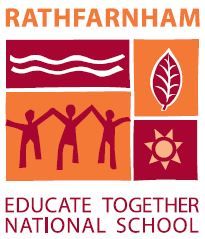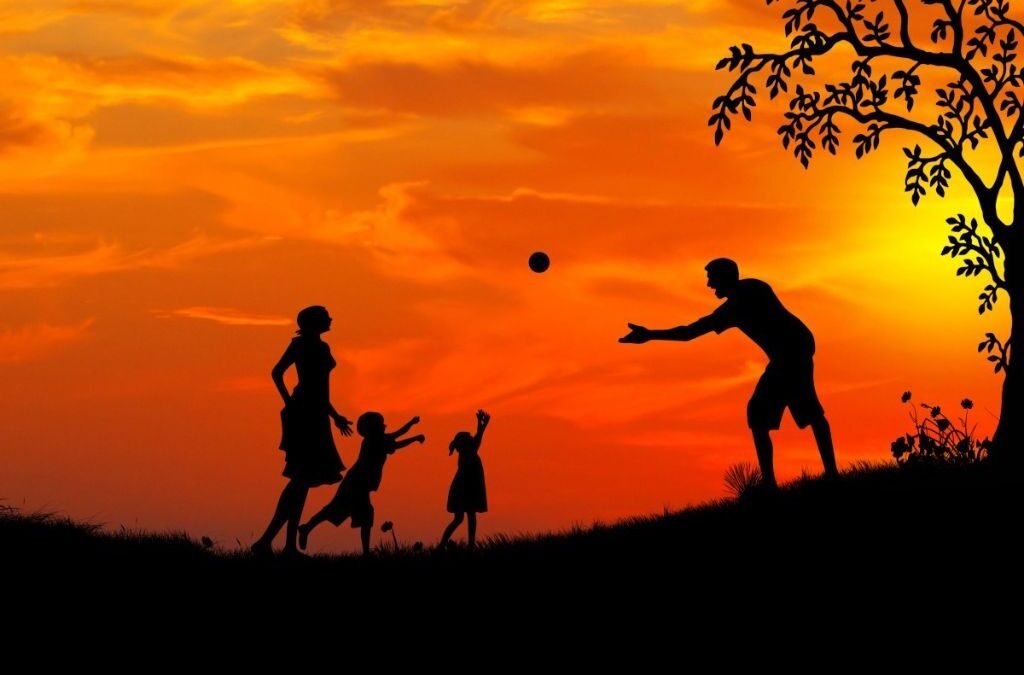
Some Ideas for Summer Learning
It is important to remember that summer holidays are not intended as curriculum teaching time. However, for primary school children, learning outcomes and experiences can be integrated across a wide range of activities often involving play, experimentation, collaboration and co-operation with others in their class. Where possible parents should seek to ensure that children simply enjoy the summer, play and have fun. Their physical and mental wellbeing is every bit as important, if not more important, than academic results.
Play is how children grow, learn and discover. After a tough year, play will be how children reconnect with their family, friends and their communities and recover from the impact of the pandemic. We need to ensure that children get outside, play and have fun.
The summer should provide children, parents and families with an opportunity to rest, recuperate and recharge after a gruelling year.
There are limitless possibilities for parents and pupils to engage in Fun Activities that are intrinsically educational. These are just some suggestions:
SESE (Social, Environmental and Scientific Education – this includes History, Geography and Science)
- Visiting Heritage sites: Admission Charges to all fee-paying open OPW heritage sites are being waived until the end of the year. Many such heritage sites also have free admission – find out what’s in your area for day trips
- Interact with nature, explore your local area, ‘walks’ and ‘play in the park’
- Bird song apps, to identify birds singing, are available for smart phones – feeding, observing, recording and sketching birds visiting the garden and in the locality
- In Ireland we are fortunate in that many of our National museums have free entry. Collins Barracks, the National Museum and the Natural History Museum in Dublin are all free
- Towns and villages across the country often have local historical societies and folk-lore related to local landmarks – simple searches on google can throw up a treasure trove of information
Language & Literacy:
- Listen to your child. Encourage them to tell, describe, explain
- Encourage reading – read to young children, audio books, visiting the library, access the mobile library
- Audio books can be downloaded from your local library by using: https://www.librariesireland.ie/elibrary/eaudiobooks
- Young children often love to write and draw – access to pens, markers, paper and crayons
- For very young children – working with playdough helps develop the muscles necessary for fine motor development, as does threading, using pegs, chunky crayons etc.
- Keeping a diary or journaling might be of interest. Writing cards to family or friends
Numeracy:
- We live in a mathematical world – money, counting, numbers, shape and space are all important mathematical concepts and we are surrounded by opportunities to explore them
- For younger children simply counting, sorting, playing shop, pricing, going to the shop can all develop key mathematical skills. Finding and talking about shapes. 2 D (Rectangles, Squares, Circles) 3-D (cubes, cylinders, spheres) etc.
Physical Education:
- Running, cycling, swimming, dancing – games of all sorts
- Balance, throwing, catching
- Access local clubs – Cúl Camps, summer camps, sports clubs
- Walking – hills / mountains / parks and lakes
Drama, Art and Music:
- Energy goes where attention flows – encourage, listen, watch and comment
- Access to paint, pencils, crayons & paper
- Play dates – make believe
- Hugh Lane and National Art Gallery in Dublin have free admission. Galleries, exhibitions or street art in towns and villages
- Take time to stop, look and listen – street performers, buskers, street artists
- What is happening in your local area?
The Let’s Play Ireland website on gov.ie has been updated and is packed with new resources for children and families to enjoy. https://www.gov.ie/en/campaigns/lets-play-ireland/


Recent Comments